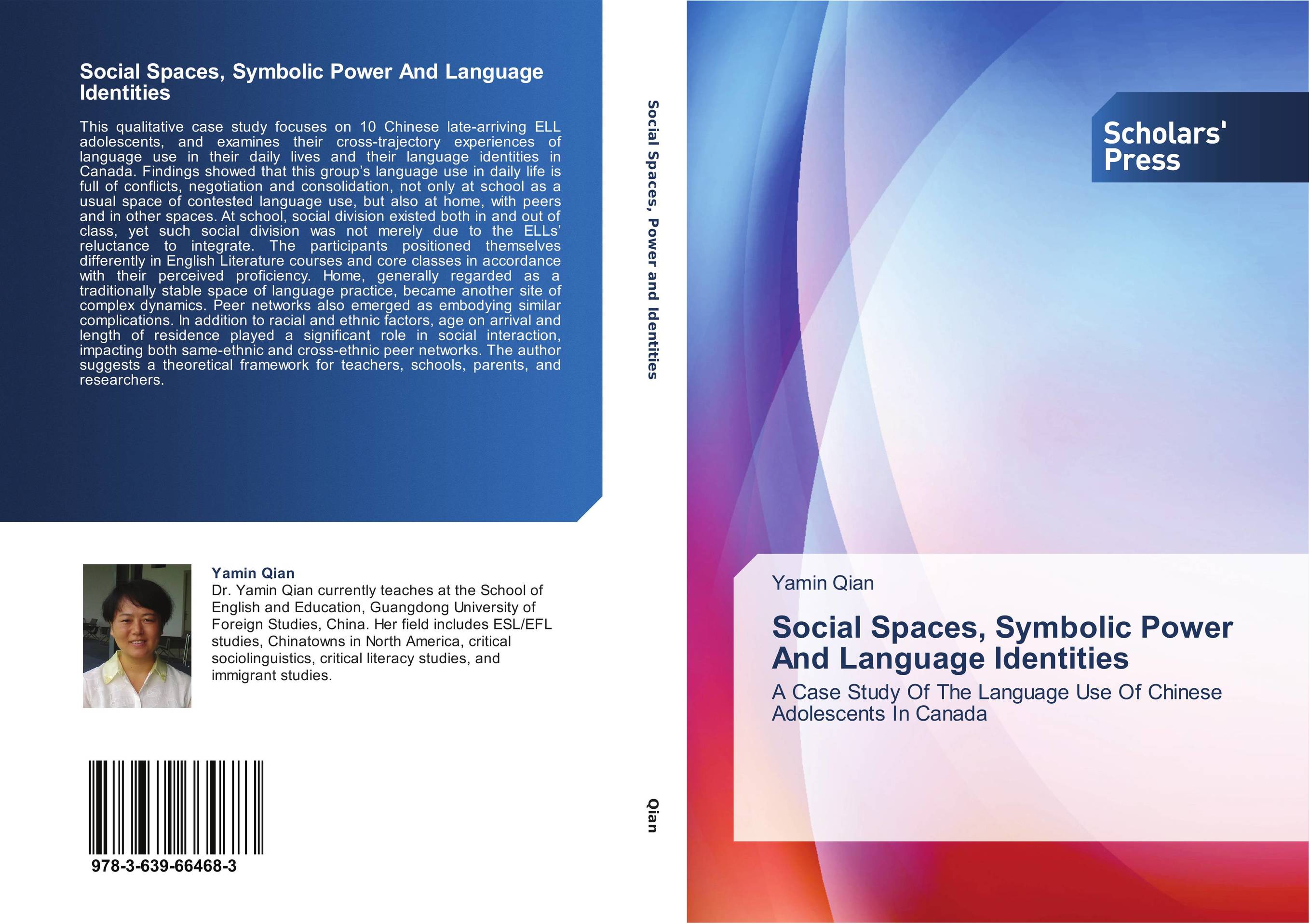| Поиск по каталогу |
|
(строгое соответствие)
|
- Профессиональная
- Научно-популярная
- Художественная
- Публицистика
- Детская
- Искусство
- Хобби, семья, дом
- Спорт
- Путеводители
- Блокноты, тетради, открытки
Social Spaces, Symbolic Power And Language Identities. A Case Study Of The Language Use Of Chinese Adolescents In Canada

В наличии
| Местонахождение: Алматы | Состояние экземпляра: новый |

Бумажная
версия
версия
Автор: Yamin Qian
ISBN: 9783639664683
Год издания: 2014
Формат книги: 60×90/16 (145×215 мм)
Количество страниц: 264
Издательство: Scholars' Press
Цена: 38682 тг
Положить в корзину
Позиции в рубрикаторе
Отрасли знаний:Код товара: 138945
| Способы доставки в город Алматы * комплектация (срок до отгрузки) не более 2 рабочих дней |
| Самовывоз из города Алматы (пункты самовывоза партнёра CDEK) |
| Курьерская доставка CDEK из города Москва |
| Доставка Почтой России из города Москва |
Аннотация: This qualitative case study focuses on 10 Chinese late-arriving ELL adolescents, and examines their cross-trajectory experiences of language use in their daily lives and their language identities in Canada. Findings showed that this group’s language use in daily life is full of conflicts, negotiation and consolidation, not only at school as a usual space of contested language use, but also at home, with peers and in other spaces. At school, social division existed both in and out of class, yet such social division was not merely due to the ELLs’ reluctance to integrate. The participants positioned themselves differently in English Literature courses and core classes in accordance with their perceived proficiency. Home, generally regarded as a traditionally stable space of language practice, became another site of complex dynamics. Peer networks also emerged as embodying similar complications. In addition to racial and ethnic factors, age on arrival and length of residence played a significant role in social interaction, impacting both same-ethnic and cross-ethnic peer networks. The author suggests a theoretical framework for teachers, schools, parents, and researchers.
Ключевые слова: Chinese immigrant adolescents, language as social practice, social spaces, late arrivals



